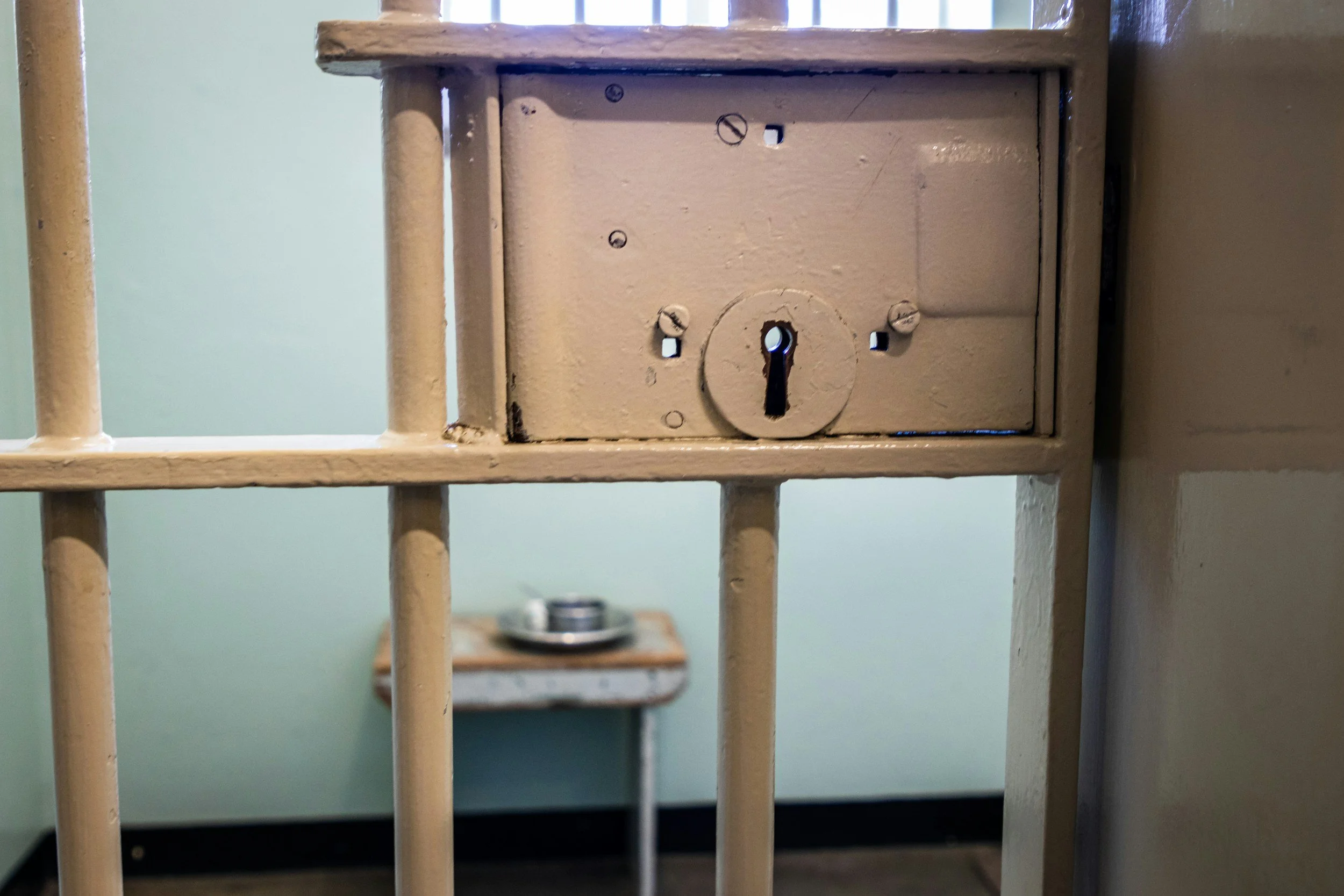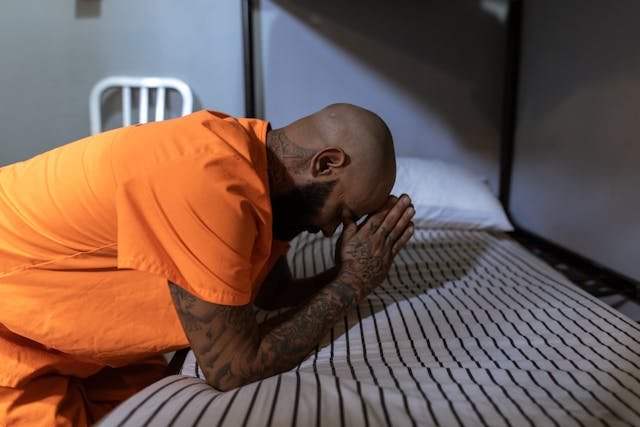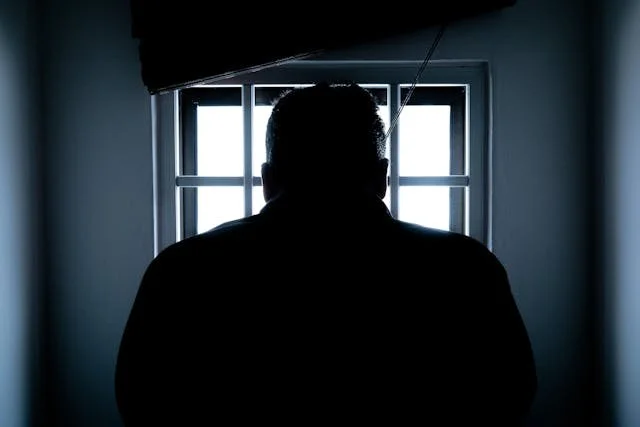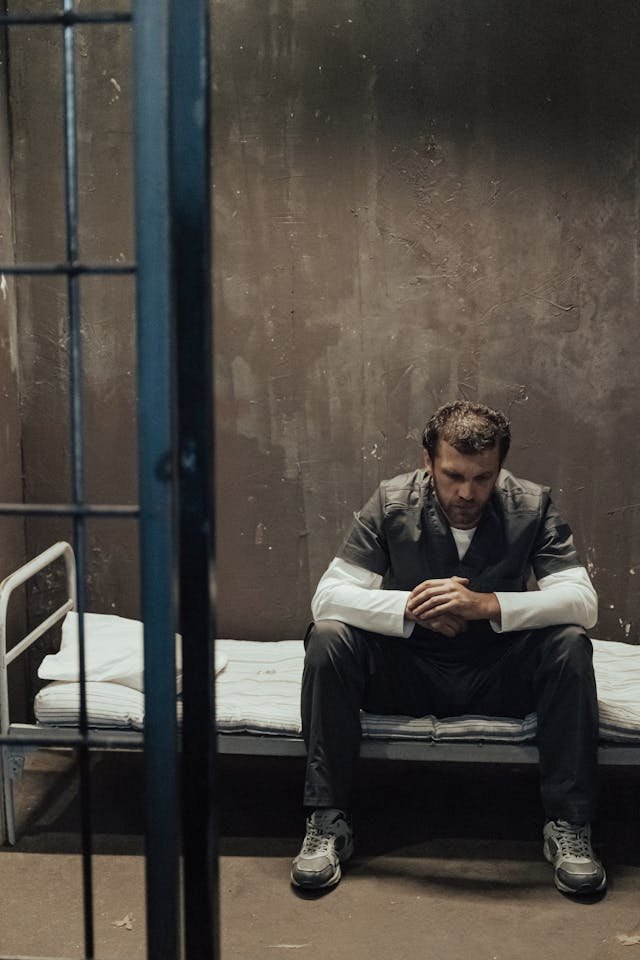Louisiana Legal Insights


















The Crime of Stalking in Caddo Parish, Louisiana
Stalking is a serious crime in Louisiana, with significant penalties including jail time, fines, and mandatory counseling. This blog explores the legal definition of stalking, the consequences for first-time and repeat offenders, and the additional protections available for victims. It also covers the related crime of cyberstalking and offers guidance on what to do if you're facing charges. Learn how the Law Offices of Philip B. Adams can help defend your rights in stalking cases across Louisiana.

Liability For Louisiana Auto Accidents Involving Autonomous Vehicles
Injured in an accident involving a driverless car? You still have the right to seek compensation under Louisiana law. This blog explores the potential liability for various parties, including the vehicle's owner, software developers, manufacturers, and repair shops. It also discusses common misconceptions about autonomous vehicles and their safety. Learn how the Law Offices of Philip B. Adams can help you navigate these complex legal issues and recover the damages you deserve.

Understanding Your Reporting Requirements as a Teacher: Why Internal Reporting is Not Enough
Teachers have a legal and ethical duty to report suspected child abuse or neglect directly to authorities—not just school administration. This blog explains recent updates to Louisiana's mandatory reporting laws, emphasizing why direct and immediate reporting to the Department of Children and Family Services or law enforcement is required. Learn about the legal guidelines, protections for reporters, and how to fulfill your responsibilities as a mandatory reporter to ensure the safety and well-being of your students.
